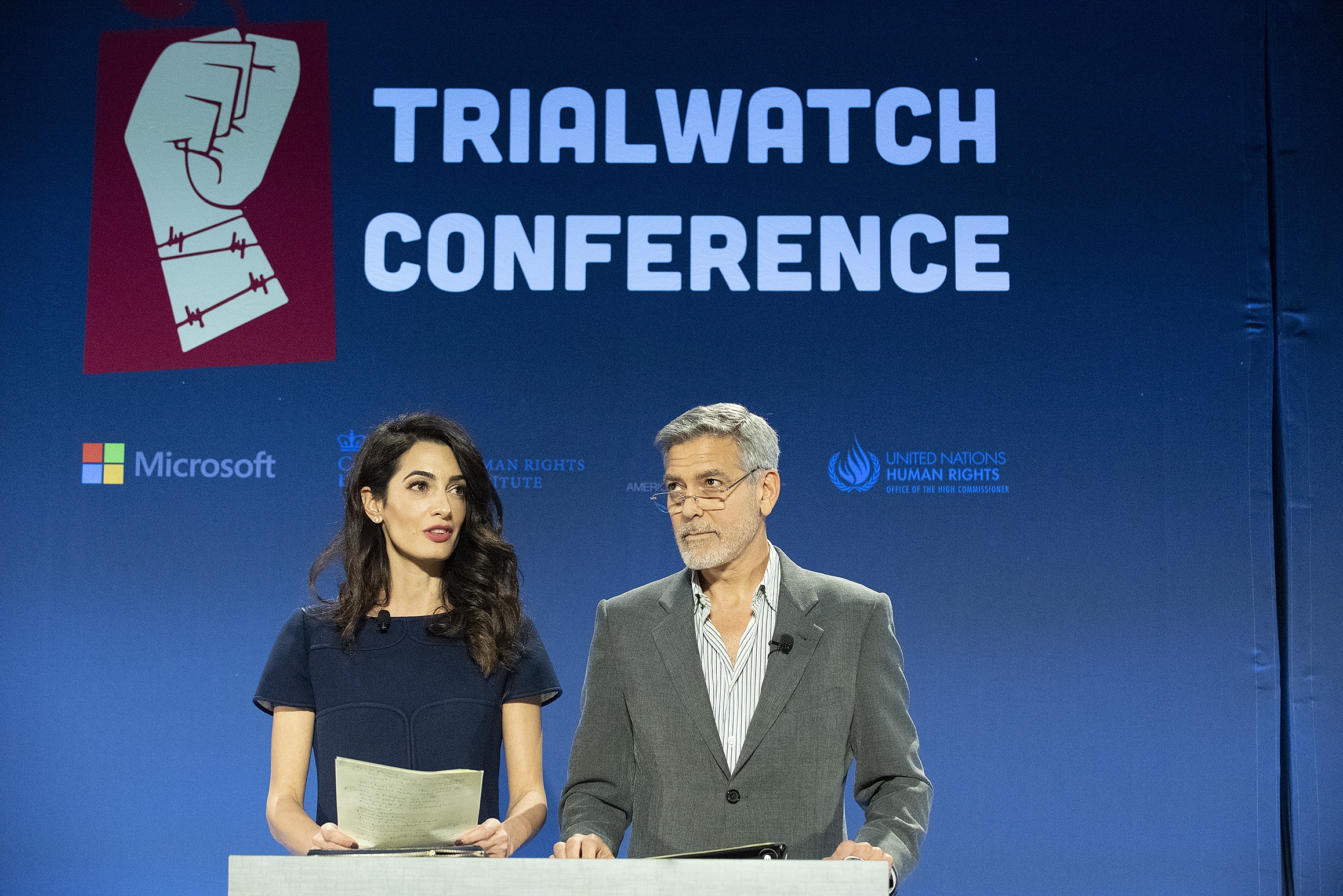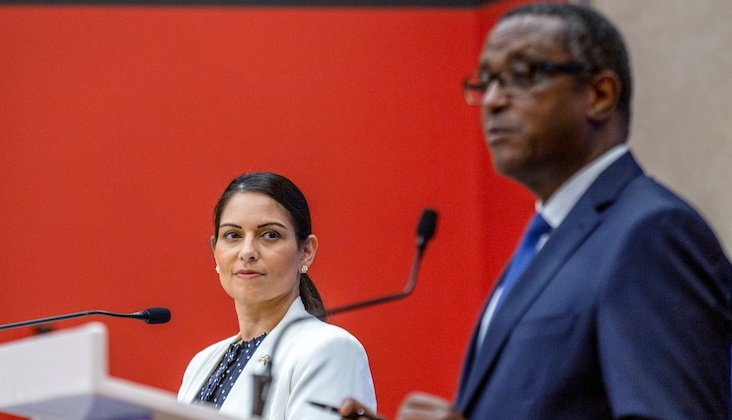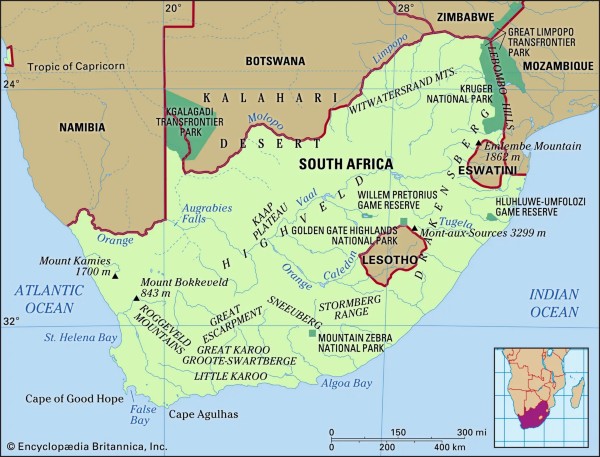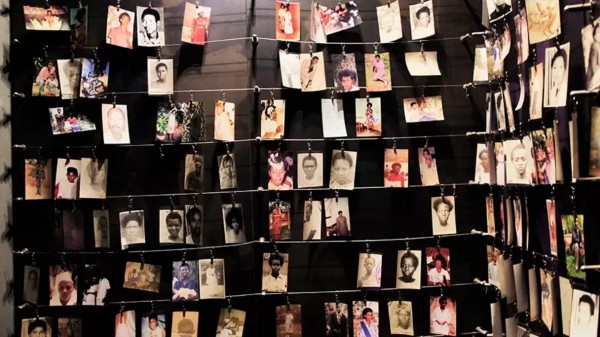International
For Rwandans, France Is a Fallen Deity

Almost
all the Greek myths we learned in secondary school were pervaded by stories
that showcased the relationship between the gods and humans.
Generally, Greek mythology views life along
the line of tragedy. There was no escape to the human destiny determined by the
gods or by fate and heroes were individuals who struggled, often vainly but
sometimes successfully, against supernatural powers that controlled their fate.
One of the most interesting of all the Greek
figures was Sisyphus, whose story relates the antagonistic relations between
France and post genocide Rwanda.
Sisyphus
is commonly known as a Greek king that angered the gods and was condemned
eternally to repeatedly push a huge rock up a hill only to have it roll down
again. However, there is more to Sisyphus than that. First, Sisyphus founded
the city of Corinth, which became one of the most important cities in ancient
Greece. He was credited with the prosperity of Corinth, which grew and became
famous for its merchants and ships; we also learn how critics from other cities
portrayed him as a dictator.
Second,
it is often said that Sisyphus angered the gods; but the real story is that
Zeus, the king of gods, sent Thanatos the god of death to kill Sisyphus;
Sisyphus, however, managed to cheat death. For a period, people stopped dying,
thanks to Sisyphus. The gods did not tolerate that Sisyphus defied them, so
they decided to punish him in an exemplary way that teaches a lesson to other
humans who would be tempted to defy them.
So,
Zeus condemned Sisyphus to spend all eternity pushing an enormous rock up a
steep hill, for years on end. This punishment was intended to make Sisyphus
suffer from restlessness; unceasing work would wear him out. However, his
friends who visited him during his unending punishment narrated how they found
him immensely upbeat, full of wisdom, and a happy man; difficulties meant he
had reflected and they had given meaning to his existence. The comparison I
attempt to make between Rwanda as Sisyphus
On
the one hand and France and its former political elites as (defeated) gods on
the other is not by chance; in fact, French presidents are often likened to
gods. President Francois Mitterrand’s nicknames were god and the Sun King, for
instance.
French gods of Rwanda
Before
the genocide against the Tutsi in 1994, French political elites believed they
were the gods of Rwanda and had the country’s fate in their hands; for instance,
the politics behind France’s military intervention in Rwanda from 1990 defined
the RPF as a “Ugandan-Tutsi” enemy of Rwanda, while the entire Tutsi population
was qualified as an accomplice of the RPF – and the genocidaires as France’s
allies. In the same spirit of France acting as the god of Rwanda, with full
control over its destiny, French political elites sought to keep their
genocidaires allies in power with the aim to maintain French political control
over submissive Rwandan elites who viewed them as gods. It was in that context,
with France as an accomplice and the godfather of the architects of the
genocide, that Tutsi were sought and hunted down for extermination in 1994.
Like
Sisyphus, Rwanda as a nation literally cheated death when the RPA forces
stopped the genocide.
However, what followed was a determination of
French political elites to punish those who had defied their hegemonic,
geostrategic ambitions that threatened to set a “bad” example for other
Africans, mainly in “Francophone” West Africa.
Rwanda
had to embark on a journey of survival, healing and reconstructing while coping
with France’s hostility and denial. The Odyssean journey to defy the self-proclaimed
gods and their efforts to turn victims into perpetrators and to re-arm those
known to have committed the genocide took Rwanda 27 years. In the process,
Rwandan leaders suffered judicial persecutions; genocide survivors had to
contend with dehumanizing denialist narratives sponsored by the gods in their
efforts to rewrite the history of the genocide in a way that would exalt and
exonerate them.
“There
were many who worked hard to keep us at the bottom,” President Kagame described
the journey that at one point required the breaking of diplomatic ties with
France. Like Sisyphus, for more than two decades, Rwanda was condemned to fight
against many untruths covering the mountain of France’s guilt, only to see
those vindictive manipulations rebound with renewed vigor.
The
fact that Rwanda has survived these 27 years to see France finally recognize
its role – which President Macron euphemistically called “overwhelming
responsibilities” – is simply a miracle that Greek mythology would qualify in
the sense of Rwanda avoiding its fate by defeating France’s politics of amnesia
and denial.
By
avoiding this fate, Rwanda was able to “instill the mindset amongst ourselves
that Rwandans and Africans are as equally deserving as others in terms of
freedom, respect and prosperity” as President Kagame said.
Moreover,
the resilience and perseverance are a chapter in the broader story of the
African struggle for freedom and dignity; it’s an inspiring story of overcoming
trials and tribulations of the past 27 years. But there’s another significant
lesson that Africans can learn from the Greek mythology: the gods are only
significant if humans believe in them; they fade away by the lack of
worshippers.
Source:
https://panafricanreview.rw






